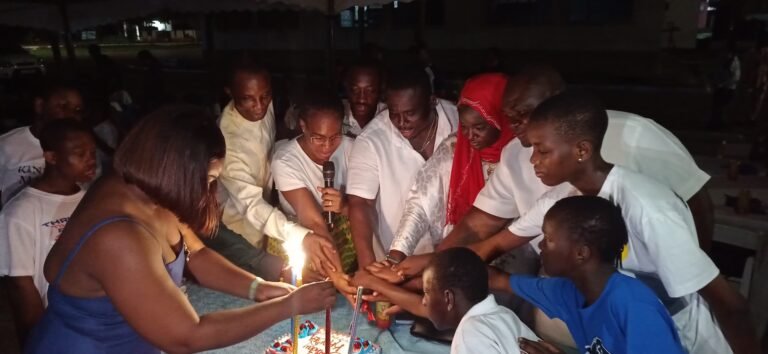
Executive director of (CDD-Ghana), Professor Henry Kwas
The Executive Director of the Ghana Centre for Democratic Development (CDD-Ghana), Henry Kwasi Prempeh, has described the Supreme Court’s judgment on the Deputy Speakers’ voting eligibility as “faithful to the text and structure of the Constitution”.
He considers the judgment as “a constitutionally correct decision, no matter what one might feel about the outcome politically.”
According to him, the ruling hinges on discernible intent behind the relevant provisions, as well as in harmony with sound reason and comparative practice in parliamentary democracies.
Prof Kwasi Prempeh also noted that the judgment “is devoid of any trace of judicial activism”, and avoids needless recourse to “purposive interpretation” where none is warranted.
“This is not a case of judges displacing what the Constitution says and substituting that with their own preferences. It is a case of the court sticking to the text and meaning of the Constitution and giving due primacy to the fundamental principle of equal representation (voting rights) in a democratic legislature. This is a constitutionally correct decision, no matter what one might feel about the outcome politically,” he said in an article.
Constitutionality
Prof Prempeh explained that the longevity of a practice does not cloak that practice with constitutionality, saying no matter how longstanding a practice, “its constitutionality cannot be established or presumed until and unless it is challenged in an appropriate constitutional case”.
“The fact that this is how Parliament has done its business all this while is not a good enough argument, constitutionally speaking. Constitutions are not self-reinforcing. Until the Court’s jurisdiction to interpret, apply and enforce specific provisions of the constitution has been properly invoked in a particular dispute, the constitution will continue to lie dormant in the face of an unconstitutional act or practice,” he noted.
He noted again that, on this particular case, there’s power exaggeration of a presiding Deputy Speaker when it comes to voting in Parliament, adding that, like the Speaker, a presiding Deputy Speaker cannot disenfranchise any MP.
“If you believe, for example, that a presiding Deputy Speaker has not called a voice vote correctly, you can call for a proper count. Presiding does not, in and of itself, present much of a conflict of interest to cause a Deputy Speaker to forfeit his vote, especially if he or she were to be required by House rules to vote last or cast a vote only when there’s a tie,” he explained.
Prof Prempeh further indicated that if Parliament does not want presiding Deputy Speakers to vote, they should not be made Members of Parliament.
“Make them like the Speaker not an MP and, therefore, they’re not entitled to vote. As long as presiding Deputy Speakers are, first and foremost, MPs elected to represent communities of voters in Parliament, Parliament cannot reasonably deprive them that eligibility. And for that matter, their constituents of their right to vote merely by virtue of the fact of presiding over a sitting of Parliament,” he pointed out.
Nothing wrong
Touching on amendment, he stated categorically that the ruling does not warrant any amendment of the Constitution.
“I do not think we need to bother with a constitutional amendment just for that. There is nothing really wrong with both Deputy Speakers being MPs and retaining their vote when they preside. This is why we must take the Constitution seriously when it says that the 1st and 2nd Deputy Speakers must come from different parties. That way, the rival parties in Parliament will each have one Deputy Speaker, both of whom get to vote when they preside,” he added.
To this end, he said, regrettably, this sensible “bipartisan” arrangement has not been followed in good faith in the 8th Parliament.
“We currently have two Deputy Speakers, both of whom are, de facto, from one side of the partisan divide in Parliament. That is part of the politics surrounding this case. ‘Na who cause am’? Just because the candidate of the Minority prevailed over the candidate of Government in the contest for Speaker of this 8th Parliament did not require the Minority to cede the 2nd Deputy Speakership to an MP who was going to caucus with the Majority,” he said.
He noted that if Majority and Minority had one Deputy Speaker each, as the Constitution, properly read, contemplates in a two-party Parliament, the country might be spared some of the heat in this debate.
“What is also fuelling the disputation over this case is the fact that the Speaker and the 1st Deputy Speaker had different interpretations or positions on the quorum and voting rules, and now the Court has weighed in on the side of the 1st Deputy Speaker. It is surely not an outcome that makes for good rapport between Speaker and 1st Deputy,” Prof Prempeh added.




